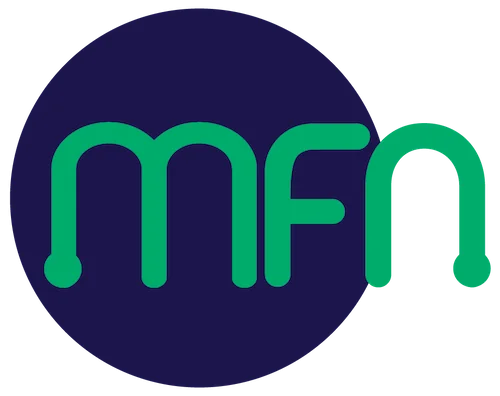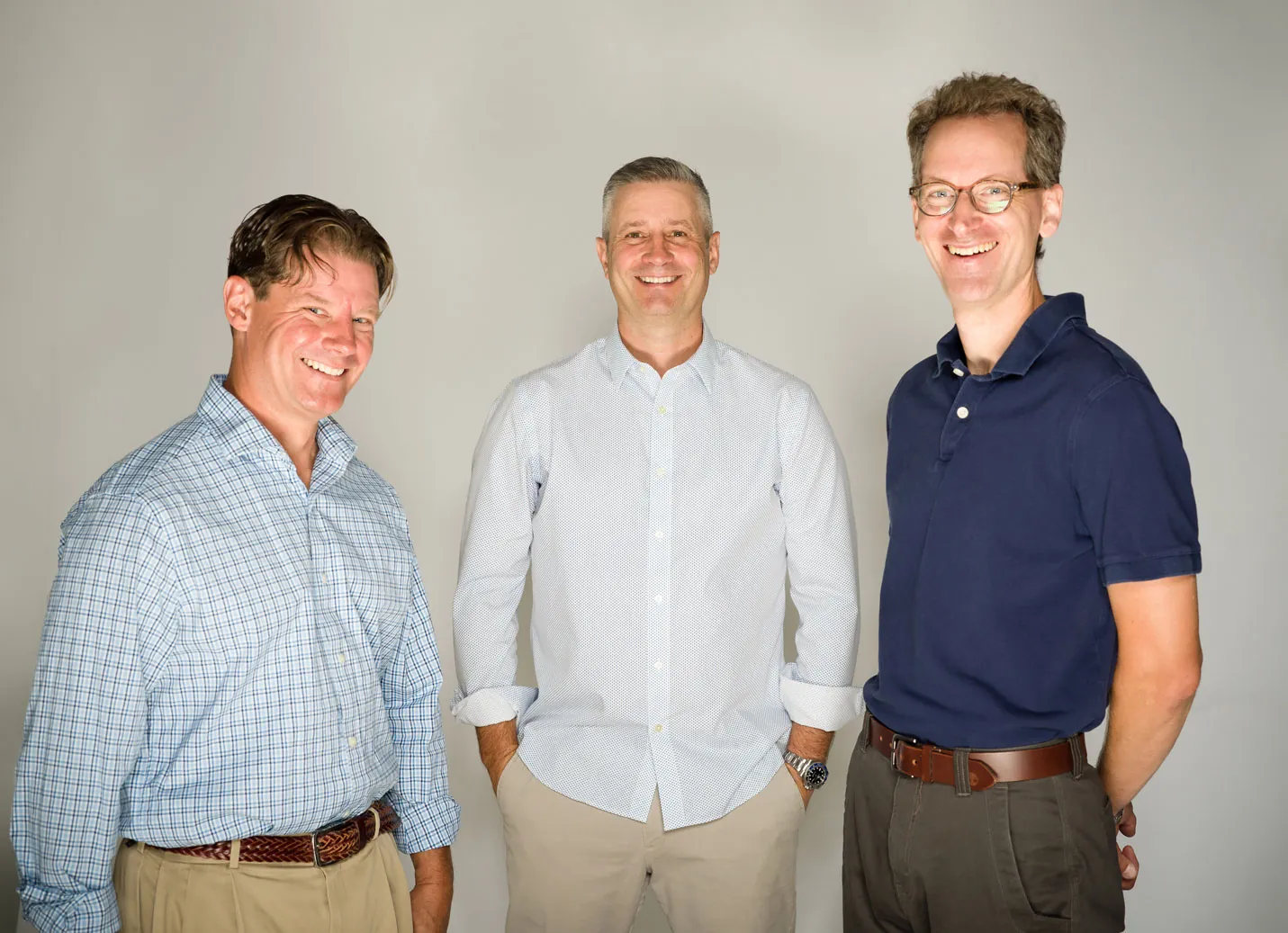Gabrielle King Morse is President and CEO of the Center for Women and Enterprise. Her New England based organization is an economic empowerment organization that helps women entrepreneurs, launch and grow their businesses by providing greater access to the resources, tools, and support they need to succeed.
Q: Why was the Center for Women in Enterprise founded, and what does the organization do?
A: The Center for Women and Enterprise (CWE) has been around for almost 30 years, and I’ve been leading it for a little over four years. We are an organization that works with women from underserved and underestimated communities. These women turn to entrepreneurship as a means to find economic empowerment, often because they have limited alternatives or don’t experience their full market value in the workplace.
CWE’s mission is to increase women’s economic empowerment through entrepreneurship. We provide women entrepreneurs with training, technical assistance, community, access to capital, and more. We serve around 4,000 women each year, supporting them on their entrepreneurial journeys.
Additionally, we offer certification for women-owned businesses. As long as women own over 50% of the business they can obtain women-owned WBENC certification. This certification provides priority access to procurement opportunities with large corporate suppliers.
Q: What brings you to this work?
A: I previously worked in college affordability for 10 years, focusing on low-income college students and their economic empowerment. At uAspire, we helped young people to be able to pay for college without crippling debt. This experience helped me understand the importance of economic empowerment for marginalized communities. When I had the opportunity to lead CWE, I saw it as an extension of the work I had been doing.
Q: How is CWE evolving to better support the women you serve?
A: We’ve recently started delving into research and evaluation to better understand what works for the women we serve. This includes examining what helps businesses succeed and identifying challenges. While we have some insights, we’re still in the early stages of gathering data to better inform our programs and support systems. However, it’s crucial to focus on what’s working, share success stories, and work toward solving the complex challenges faced by women entrepreneurs.
I believe it’s essential to start asking the right questions about women and entrepreneurship. For example—why women of color are starting businesses at four times the rate of white men. We need to be more curious and conduct more research to better understand the motivations and challenges faced by women entrepreneurs, particularly those who turn to entrepreneurship out of necessity rather than inspiration.



